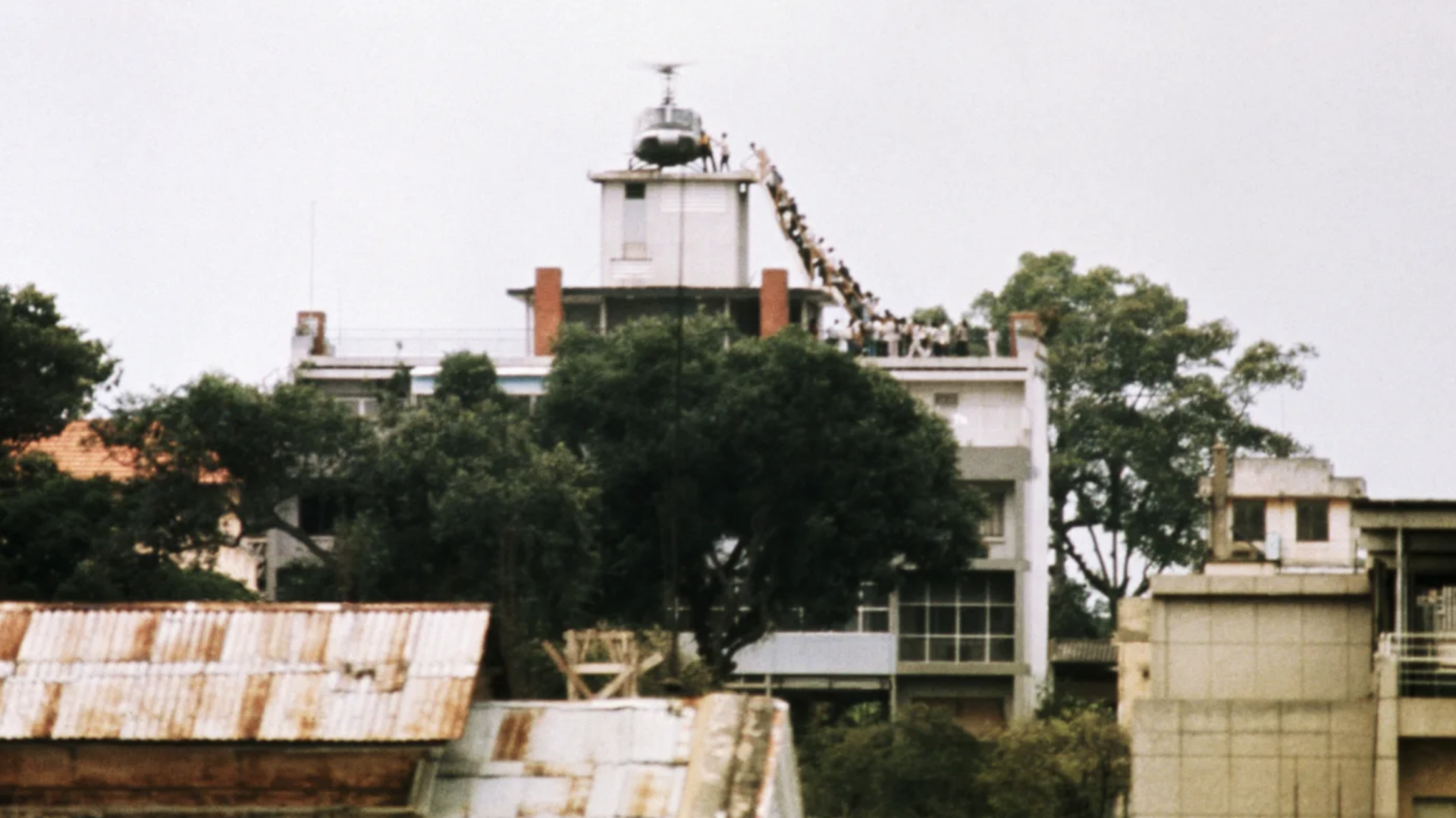
As a veteran of the Vietnam era, I have closely followed our nation’s departure from Afghanistan and the chaos that has ensued. Every broadcast news report and commentary conjure up memories of the Fall of Saigon and the unavoidable feeling that our work overseas was in vain. That feeling is especially poignant to those women and men that call the U.S. their home and served in uniform in the various amphitheaters of conflict.
The decision by President Biden to withdraw from our longest war in Afghanistan was the correct and proper one because, tragically, we never learned from our history in Vietnam. Four presidents, going back to George W., were bound to repeat the mistakes made in the debacle in Southeast Asia – with the lives of thousands of our young men and women making the ultimate sacrifice for an indecipherable mission. Afghanistan is, in many respects, this century’s Vietnam. Instead of the North Vietnamese taking over after we left Saigon, it is now the Taliban taking over Kabul. And to add an exclamation point to the takeover, yesterday two bombings occurred near the Kabul airport, causing multiple deaths and injuries.
Pundits and commentators have set their sights on President Biden for how we withdrew. Some are calling it disastrous, saying that we should have planned better to extricate our Afghan allies there before announcing a withdrawal. Predictably, all the blame seems to be shouldered by Biden since he ultimately made the call to leave as we have.
But we must also challenge ourselves to examine the arc of history. Since we have been involved in Afghanistan, our mission quickly changed from hunting down Al Qaeda and terroristic threats to a nation-building effort. Leaving Afghanistan was a forgone conclusion, and the last three presidents have simply passed the buck to Biden. More recently, we now know through Olivia Troye, V.P Mike Pence’s aide, that Trump and Stephen Miller, his nativist adviser, never wanted to speed up the visa process for Afghan refugees because of “racist hysteria.”
In my opinion, military officers and defense hawks led us all down the primrose path in Afghanistan because they get paid to fight wars and spend untold amounts of taxpayer money to do so. They wanted to prove their worth in armed conflict after devoting their lives to the science of warfare. How could they ever admit making a gargantuan mistake as was evident now in Afghanistan? It would be a travesty worthy of being fired.
As hard as it is to admit, U.S. military intervention can never change the culture and politics of some lands, despite elected official’s faith in liberal democracy. It is just too steep a chasm between our culture and that of the nations we enter.
So, while we bought a modicum of peace and prosperity to Afghans for two decades and took out Osama bin Laden in the process, we could not be Afghans’ protectors forever. And the past two weeks have shown that we certainly could not rely on Afghan officials, troops, and militia, who lost the will to fight and their ranks were rife with corruption. Ashraf Ghani, the Afghan president, fled to the UAE with tens of millions of dollars as the Taliban closed in on Kabul.
No doubt, we have a humanitarian responsibility to extricate those Afghans that greatly assisted us; however, our government must first serve the needs of our citizens before ever going on with any further military intervention.
Our departure from Afghanistan is history repeating itself – from which we never learned so we were bound to repeat it. We can never be the protectors of a land that not only did not welcome our presence from the start, but where our intervention could never provide a permanent and lasting success.

Miles J. Zaremski
A graduate of Case Law School in Cleveland, Miles Zaremski is the longest-serving chair of the American Bar Assoc.’s Standing Committee on Medical Professional Liability and a past president of the international organization, The American College of Legal Medicine.






